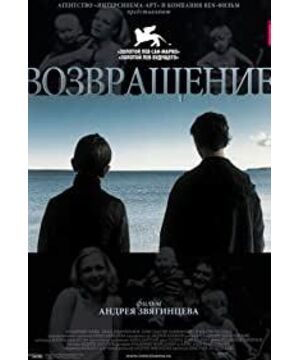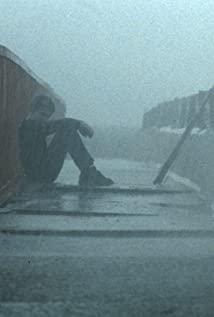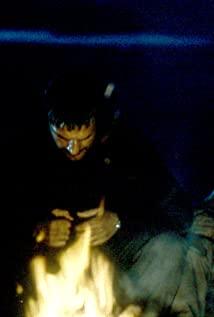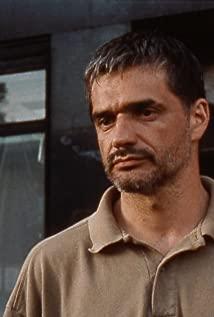There is such a passage in the book "Second-hand Time".
"In 1937, Dad was put into a labor camp; thank God, he came back alive, but was imprisoned for ten years. When he came back, he just wanted to live a good life. Even he was surprised: after so much suffering, he still wanted to be good Life...not everyone is like this, definitely not everyone. Our generation grew up with parents like this: either from a labor camp or from the battlefield. The only thing they can tell us The thing is profiteering, and death. They seldom laugh and are silent. It's just drinking, drinking... and finally drinking to death."
At that time, I didn't quite understand the meaning of "Return". The film critic said that it was the loss and return of the father's role, which was a metaphor for the 12 years lost by Russia after the disintegration of the Soviet Union.
Reading this passage in the book, the father who returned from the labor camp or the battlefield said less and laughed. In addition to violence, the only thing left was alcoholism, which reminded me of this movie. This oral history seems to have some sort of vague connection and resonance with the film.
View more about The Return reviews










